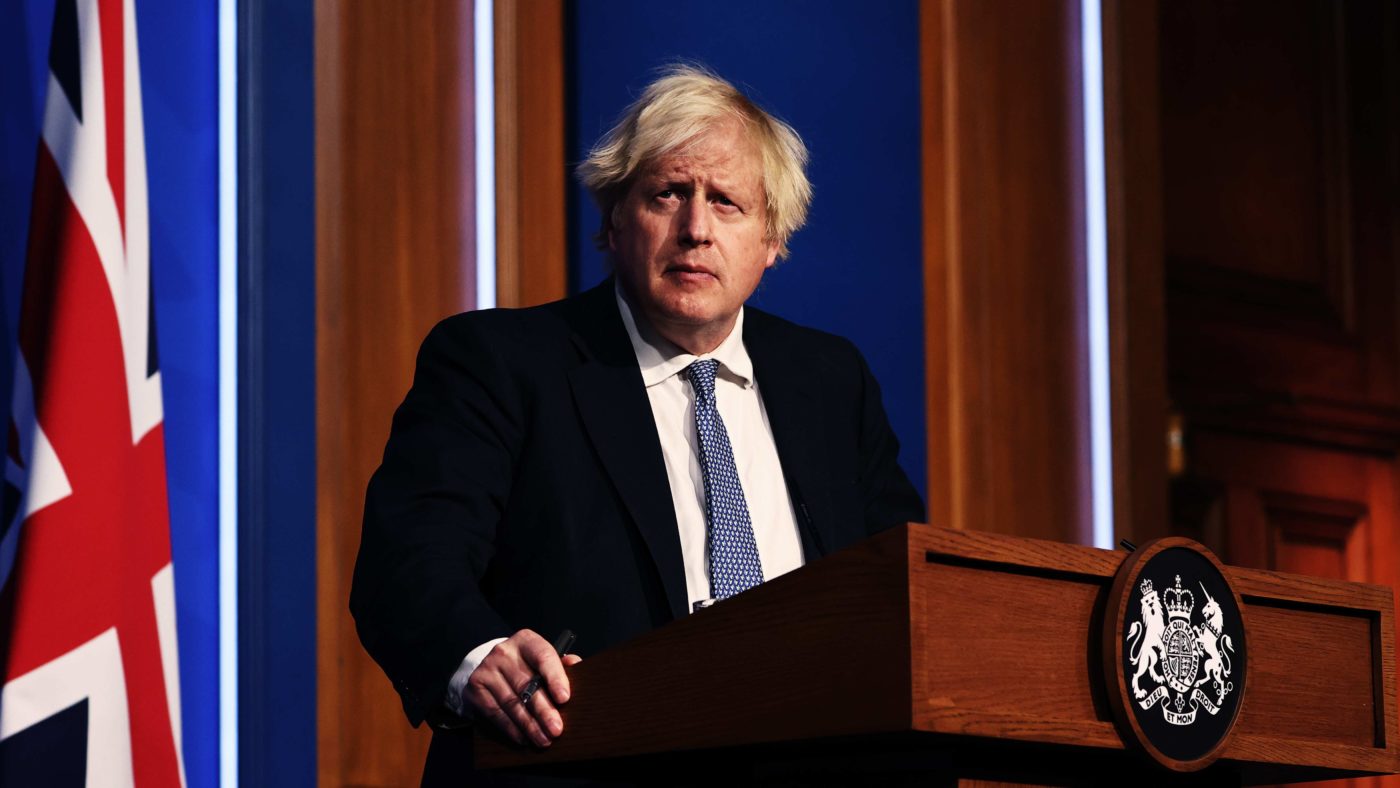The latest news about the Omicron variant is positive.
Pfizer and BioNTech have concluded that a three dose vaccine regime provides roughly the same protection against the new variant that a two-dose did against Delta and earlier variants. Other laboratory studies have reached similar conclusions.
The real-world evidence is good as well. A private hospital chain in South Africa has said most Omicron cases have been mild, with very few, mostly unvaccinated, patients requiring oxygen. In Gauteng, the South African Omicron hotspot, the proportion of Covid patients in ICU or on a ventilator has remained substantially lower than during the Delta wave, and cases may already have peaked.
The new variant is still extremely transmissible, with cases potentially doubling every two to three days in the United Kingdom. The most likely scenario is that this wave will result in some pressure on hospital resources, as a spike in cases always does. But it will be nothing particularly dramatic among Britain’s highly vaccinated population.
Yet the Government is pivoting to ‘Plan B’: vaccine passports for large events, along with compulsory face masks and working from home guidance. Boris Johnson also vaguely nodded towards the possibility of ‘compulsory vaccination’ and there is talk about more restrictions.
Let’s not beat about the bush here – the new measures are an incoherent mess.
Masks have a marginal impact on reducing Covid spread. But it’s unclear how extending their use to indoor venues where people are usually quiet and relatively distanced, like cinemas, will do anything — particularly when they won’t be used where people are eating, drinking, exercising, singing and otherwise merrily spurting out potentially virus-laden droplets. According to a Number 10 spokesperson, you will even be able to take off your mask in a theatre or Tesco to start singing.
Then there’s the working from home guidance. This will have the most impact on slowing the spread, but it comes at substantial cost to struggling businesses, particularly in the hospitality, entertainment and retail sectors, which depend on Christmas footfall to survive. There’s also the fact it forces many young people back into the indignity of working in pokey shared houses and flats. It also seems counter-intuitive to suggest people cannot go to the office to work but they can go to Christmas parties, which are far larger social affairs and thereby more likely to spread the virus than sitting at a desk.
The most authoritarian measure of all, vaccine passports for large events and clubs, is also among the least effective. At best it will encourage a few young people, who are not even vulnerable, to get vaccinated. Indeed, the Scottish Government found no evidence that vaccine passports for large events reduced transmission or increased vaccine uptake. In any case, over 95% of people in England already have antibodies against Covid-19 from infection or vaccine, which suggests a vaccine mandate would be not just illiberal, but pointless.
None of this is to say that ‘Plan B’ is the end of the world. But nor is it necessary nor likely to achieve very much. It represents little more than the Government signalling that it will ‘take this seriously’, all while introducing a fundamentally unserious set of measures.
Perhaps most worryingly, it represents policymakers stuck in a 2020 mindset, taking costly precautionary measures, with no end game and little regard to the costs of indefinite restrictions. It’s almost 2022. We have vaccines and other tools that are a much more effective way to tackle the virus without curtailing liberty or substantial economic and social costs. That’s where the focus should be – on these low-cost, high-impact measures.
Two weeks ago, ministers were promising to put the booster programme ‘on steroids’, so why has progress stalled? When is the Government procuring more lagevrio (molnupiravir) and paxlovid antivirals, both of which have been found to be extremely effective at preventing serious disease and death? What about fluvoxamine, a low-cost SSRI that has been found to reduce severity in a randomised control trial? Or even Vitamin D, which is well-known to boost immunity over winter months? Looking into the medium term, where are the plans to immediately procure and rapidly test and approve variant-specific vaccine updates?
Taken together, it’s clear that we have workable alternatives to ‘Plan B,’ that are both proportionate to the threat and would be much more effective, so why are we ploughing on with a policy that will make all of us worse off and have next to no impact on the virus?
Click here to subscribe to our daily briefing – the best pieces from CapX and across the web.
CapX depends on the generosity of its readers. If you value what we do, please consider making a donation.


